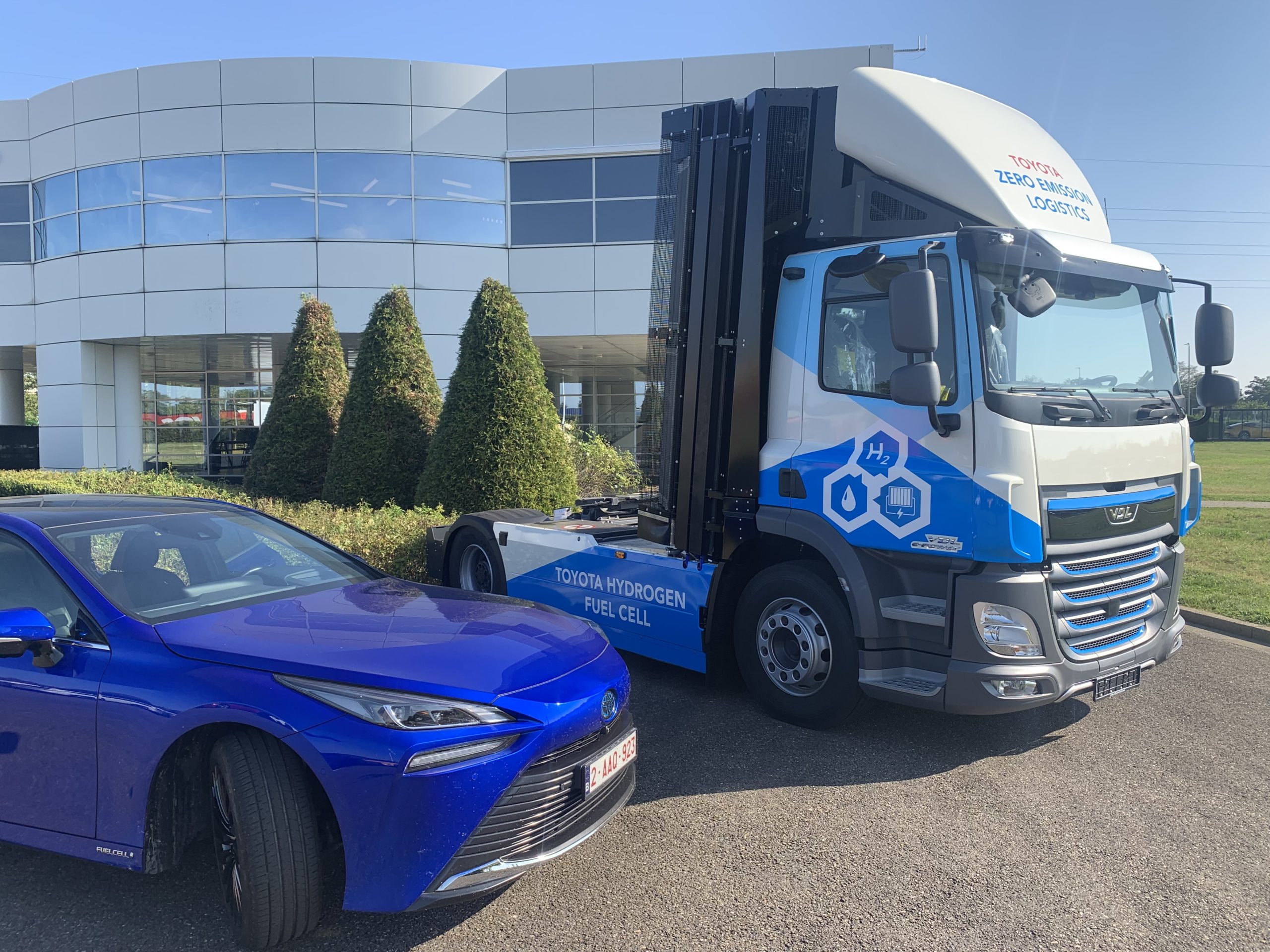
Toyota Motor Europe gets first DAF hydrogen fuel cell truck from VDL

VDL’s hydrogen truck for Toyota makes use of the Japanese manufacturer’s fuel cell technology, but no technical details have been given / Toyota Motor Europe
VDL Special Vehicles has produced the first of five hydrogen fuel cell trucks for Toyota Motor Europe, which will be used in an extensive fi


Comments
Ready to join the conversation?
You must be an active subscriber to leave a comment.
Subscribe Today